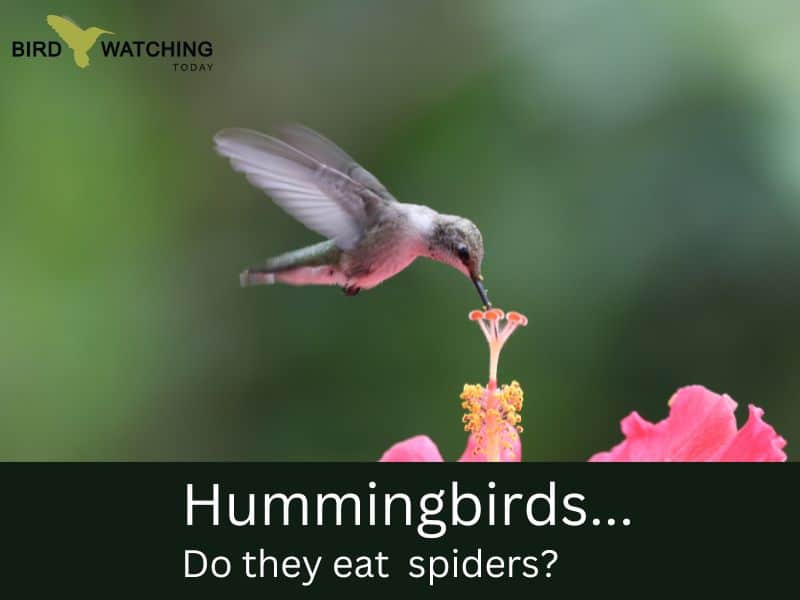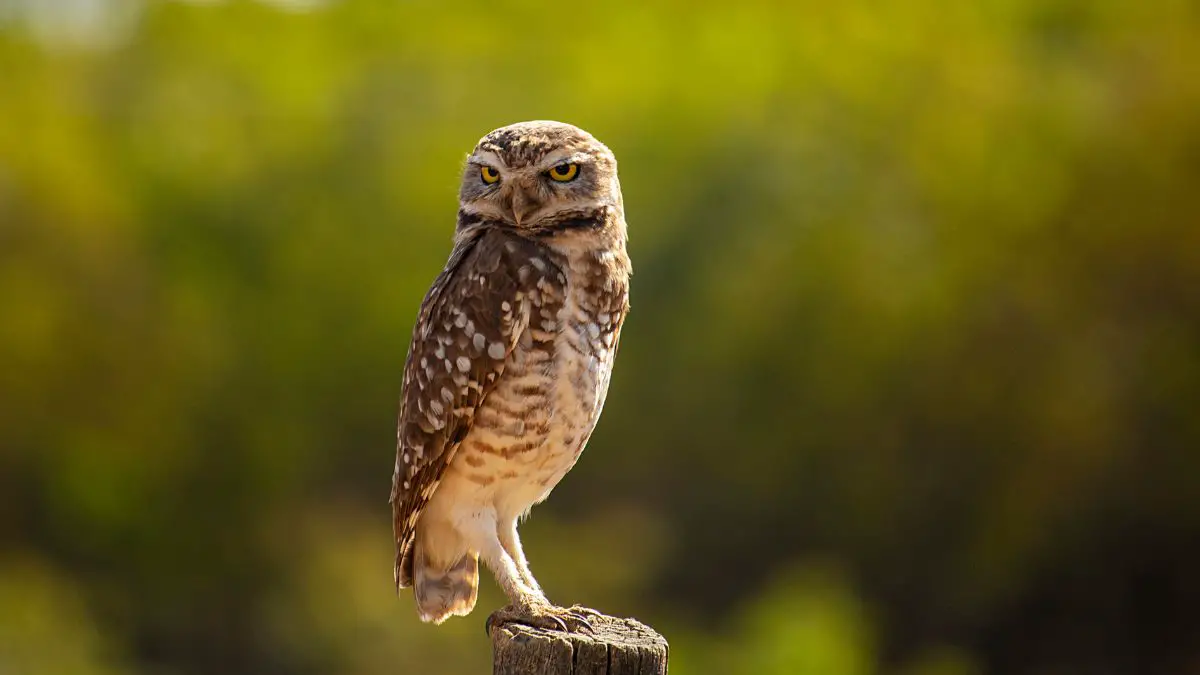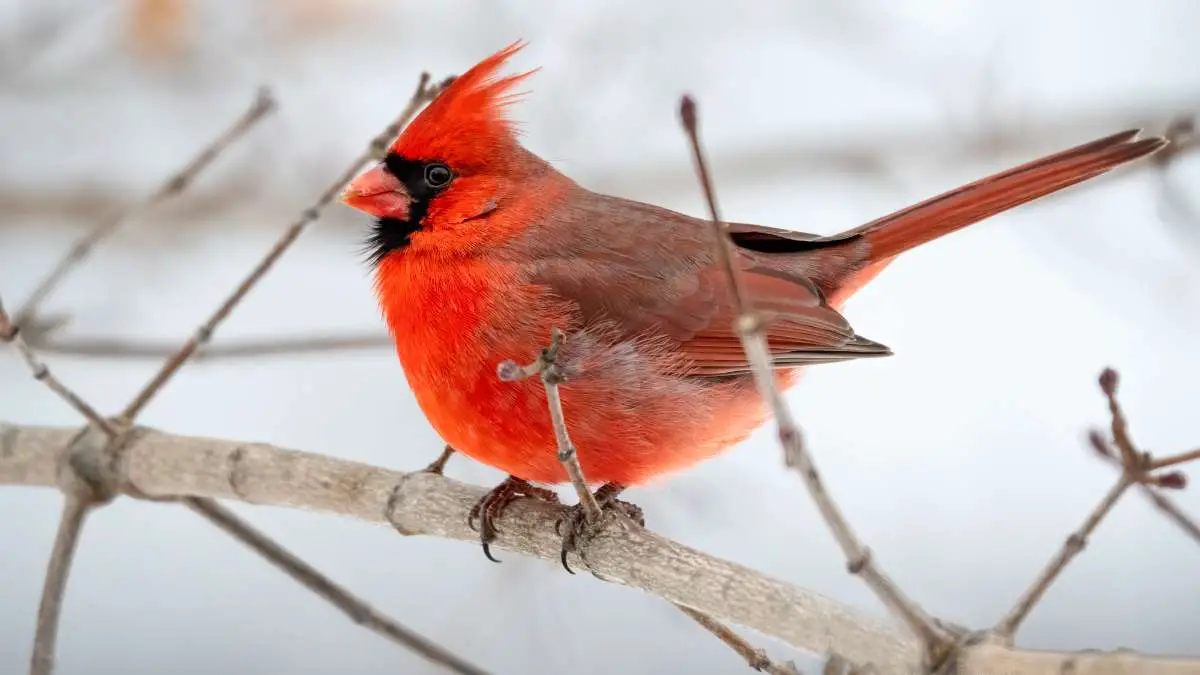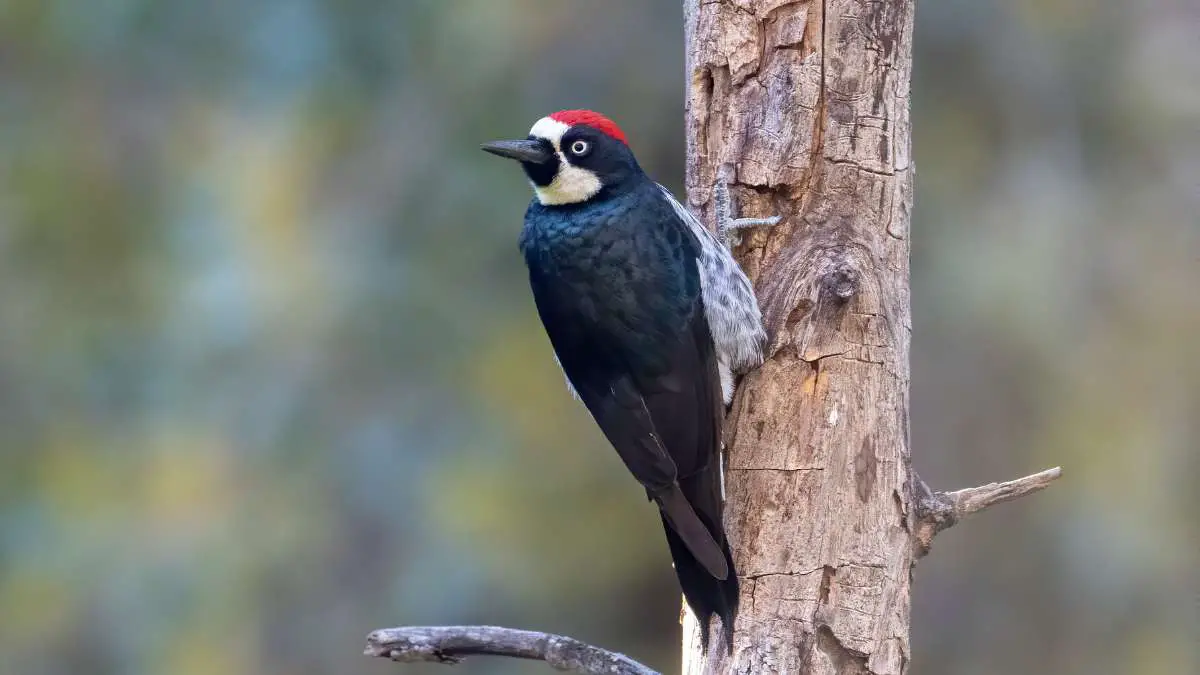Hummingbirds are omnivores. Though their favorite food is flower nectar, to get the required protein and other nutrients, they eat insects too. But, other than insects, what are other animals they prefer? Do hummingbirds eat spiders?
The answer is yes! Hummingbirds will eat spiders, especially if spiders are small and not dangerous enough to displace the birds. However, they prefer insects over spiders. If the insect population is sufficient to fulfill their needs, they would not bother spiders much.
Additionally, snacking on spiders can push hummingbirds into danger. After all, spiders too are predators of insects and other small animals. So, if a hummingbird entangled in a spider web while roaming around, that can even be life-threatening to the bird. Then, it’s the spider’s turn to feast!
Hummingbirds eat spiders! But, why?
The most popular food associated with hummingbirds is flower nectar. But, in general, plant-based food, including nectar, accounts for only about 60% of their total food intake. Rest comes from small animals such as insects.
However, hummingbirds’ diet changes based on their habitat and the season of the year. If the feeding grounds are abundant with flowering plants, they may even spend the day only with nectar. But, during the breeding session or in a long migratory flight, they are in high demand for protein, amino acids, and other nutrients. So, their menu may be entirely filled with animal items.
So, on those occasions, having spiders in the hummingbird’s diet adds variety to it. In addition, since spiders are a very nutritious meal, it fulfills the protein needs of the bird as well.
And, unlike flying insects that hummingbirds eat regularly, spiders stay stationary or move slowly (unless they jump), so that they are easy to catch.
But, do hummingbirds catch all types of spiders?
Now we know that hummingbirds have an appetite for spiders. And, while many species of spiders may be on their menu, there are a few specific types of spiders that hummingbirds tend to eat more frequently.
Firstly, these tiny birds prefer small spiders that they can easily catch, eat, and digest. Having said that, baby spiders are matched to their requirements and most likely they would catch them if no threat came from adult protectors.
Since a lot of spider species do not build webs to catch their prey, hummingbirds would snatch them from tree branches or leaves. But, since most of these webless spiders can jump, they would not get chances to taste them very often.
And, when there’s an opportunity, they also prefer to enjoy web-building spiders. In addition, hummingbirds visit spider webs not just for spiders, but they also easily snatch bugs wrapped in spider webs.
Even though spiders provide a nutritious diet, hummingbirds avoid large spiders and their webs. If they entangle on large webs that are sticky, most probably they will not survive.
Hummingbirds use spider webs!
Hummingbirds are not just depending on spiders for their protein requirements, but also to make their nests stronger.
Hummingbird nests are small and delicate, but provide a safe haven for these tiny birds. Their nests are typically made of twigs and grasses that the bird has collected and woven together using spider web silk as an adhesive.
The nest is lined with soft materials such as moss or animal fur to keep the eggs warm. They usually measure around two inches across, making them some of the smallest bird nests in existence!
To get the required web silk, they either use abandoned webs or take the web of the spider that they feast on before. But, how do they collect the web and bring it to the nesting site?
Female hummingbirds pluck spider web parts they need and stick them onto their beaks and breasts. Then, they fly to the nesting site and use it as a sticking agent for other materials to make the nest walls stronger and more flexible.
Do spiders eat hummingbirds?
When dealing with spiders, not all the days go in the hummingbirds’ way. They will catch and eat small spiders occasionally, and use spider web silk for nests, but spider webs can put an end to birds’ life too.
However, spiders are not direct predators of hummingbirds. They do not build webs to catch large flying animals such as birds, but they target small insects such as mosquitoes, flies, beetles, bees, etc.
Due to the speed they fly, hummingbirds may tear down a spider web when they fly into one. But, some spider webs are strong enough to trap them, especially young ones or smaller species. And, if intertwined with a spider web, there are several ways that can harm the hummingbird.
If the bird is stuck in the web and the spider injects the venom, neurotoxin in the venom can paralyze the bird. Then, most probably, the bird will die due to dehydration and starvation. This can happen even without any involvement of the spider also.
Sometimes, hummingbirds fly into abandoned webs accidentally. Then, they may be completely stuck in it, or their wings may stick to the body feathers even if they escape from it. In either case, birds will not be able to have normal flight and crippled birds won’t survive long.
What to do if you find a hummingbird trapped in a spider web?
That hummingbird is lucky if you find it alive hanging in a spider web! Mostly those incidents go unnoticed and end with the death of the bird.
If you find a hummingbird trapped in a spider web, don’t panic! There are some simple steps you can take to help rescue the bird.
- The first thing you should do is carefully approach the bird and assess the situation. You need to move slowly and avoid startling the bird since this could cause it to panic and struggle further.
- Then, you should carefully and gently attempt to free the bird from the web. You can use a stick or any other tool to break or cut the web strands and when doing so, make sure you are not hurting the bird.
- If the bird appears to be injured, it may be best to contact a local wildlife rehabilitation center for assistance before doing anything else.
- If you have some experience in handling small birds, gently try to remove the sticky web from its wings and body. Since the bird must be exhausted due to constant effort to break out from the web, you can feed it with sugar water (dissolve one part of the sugar in four parts of water).
- Once it drinks some sugar water, it will probably regain its strength and try to fly if not injured. Check whether it can open its wings and fly as usual. If it can’t fly, check again whether its wings are glued and remove that web silk.
- If the bird is not strong enough to fly, it is better to keep it in a dark, dry safe place and provide sugar water to drink until it is strong enough to fly.
That’s all about the hummingbird and spider conflict. If you have any interesting experiences to share, please let us (all our readers and team) know in the comment section.
And, You may also like reading:




